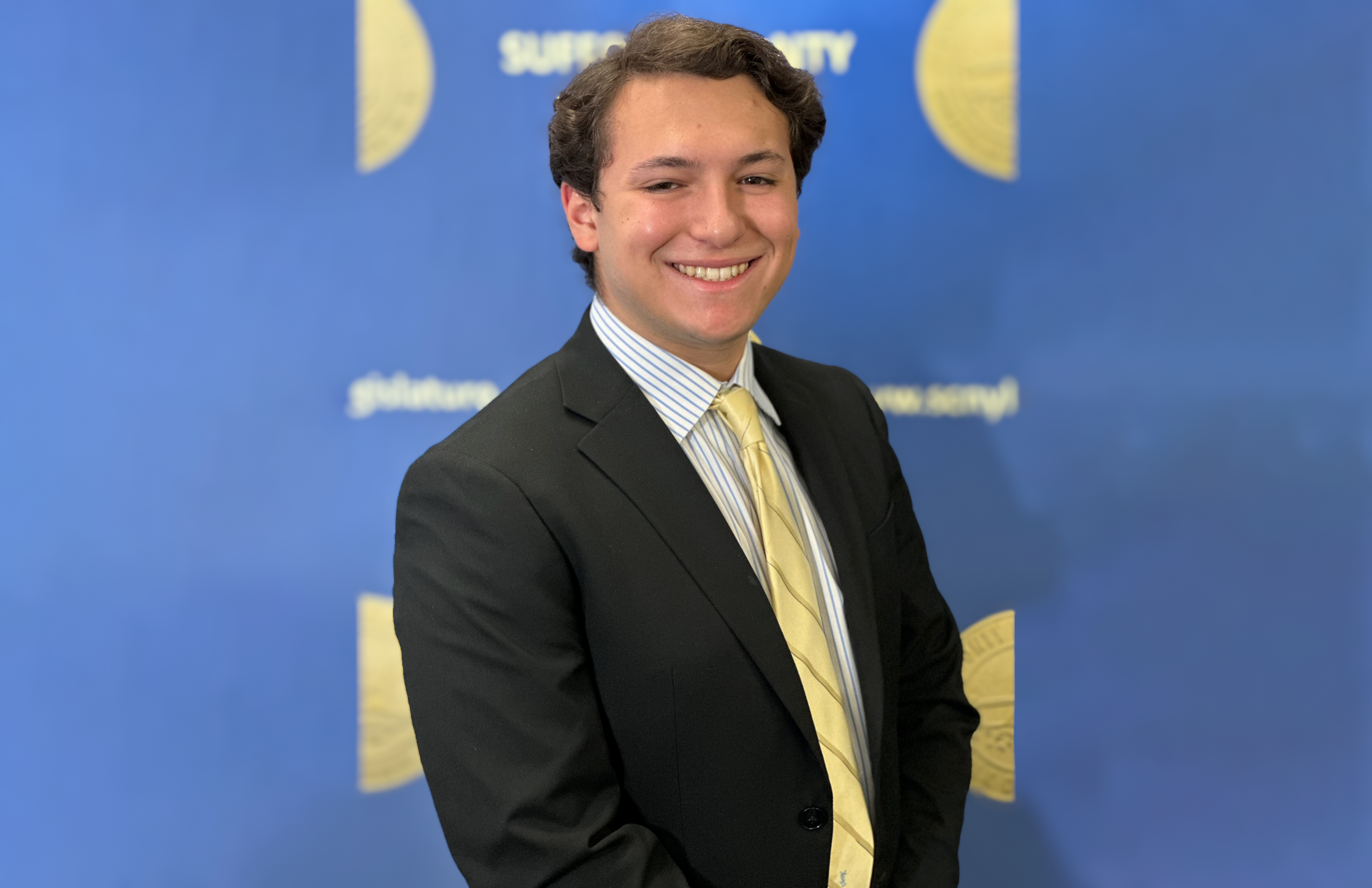By Anthony Cacciato
Argentina is a country which is known globally for many things: steak, tango, and a history of economic mismanagement and stagnation. With this in mind, Argentina tends to be the last country an American policymaker would turn to when looking for prudent economic decisions, but maybe they should.
Following the election of libertarian economist Javier Milei last December, Argentina has seen an economic and political revival. The new administration has taken a literal chainsaw to the regulatory red tape of the Argentine bureaucracy and the irresponsible spending of the Peronist regime which has plagued the nation since the 1950s. Under Milei, Argentina has begun what can best be described as a miraculous comeback which has primed a return to its former glory.
Many American news outlets were quick to dismiss Milei during his campaign, calling him a “far-right extremist” and a “Trump-like radical.” Even after his inauguration, they have been fairly harsh in their reporting on the short-term struggles, like an increase in the poverty rate, associated with uprooting the systematic rot of the Peronist system. What they have failed to bring attention to is our current administration’s push for the same policies which tore prosperity away from the Argentine people.
Argentina has long been a cautionary tale of what happens when governments attempt to intervene in the economy and stifle the free market. At the turn of the 20th century, Argentina was world-renowned for its wealth, with Buenos Aires being called “the Paris of the West.” When Juan Peron took power, he pursued a policy of strict economic protectionism. Argentina soon fell behind its peers on the world stage, and the once rich Argentina fell into stagnation. Between coups and corruption, the nation became a husk of its former self, and by the time the 2023 Presidential election came around, reckless spending had driven inflation near 215%.
Last February, just two months into Milei’s term, monthly inflation in Argentina dropped from 25% just two months prior to 13%.
As Americans, it might not be immediately obvious how this matters to us. If we take a closer look at the current economic state of affairs domestically, however, the picture begins to paint itself. Firstly, the United States has struggled to push below 3% inflation for almost a year to the pre-pandemic average of 2%. We’ve also seen the effects of drastic trade protectionism under Trump and Biden, with hundreds of millions of dollars and thousands of jobs lost in the name of “America First” policies. Reckless spending has driven our federal deficit to $34 trillion dollars. This vicious cycle, if allowed to continue, could spell disaster for America, but nobody has made any serious effort to stop this impending disaster.
After all, if America has the power to leverage on the international stage to be fiscally irresponsible, why would we change things? In the words of Ludwig von Mises, “One of the privileges of a rich man is that he can afford to be foolish much longer than a poor man.
And this is the situation of the United States. The financial policy of the United States is very bad and is getting worse. Perhaps the United States can afford to “be foolish a bit longer than some other countries.”
America is barreling towards a cliff whose edge hangs over a dark abyss. If we are to avoid the inevitable consequences of our actions, swift action must be taken to restore fiscal responsibility and economic freedom. It may seem like a daunting task, but the blueprints for the solution are already laid out. America can look no further than Argentina under Milei for an effective plan to reduce spending, inflation, and promote economic freedom and growth.
At their core, the ideas that Milei promotes are fundamentally American. Classical liberal conceptions of free markets and free people stood at the cornerstone of our nation’s values from the start. Not only would the embrace of these policies bring us to prosperity, but back to our roots as a nation that we have come to forget.
Anthony Cacciato is a student of Economics and Political Science at Carnegie Mellon University who specializes in libertarian economic policy. He resides in Huntington.




